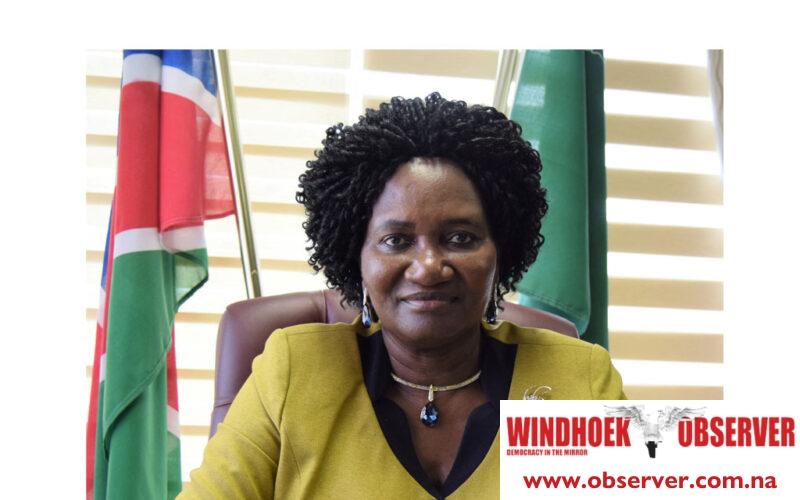Hertta-Maria Amutenja
In a giant stride towards scientific and technological advancement, the National Commission on Research, Science, and Technology (NCRST) has established the National Space Science Council.
Inaugurated this month, the council is poised to influence Namibia’s space science and technology landscape in the coming three years.
Minister of Higher Education, Technology, and Innovation, Itah Kandjii-Murangi, underscored the council’s vital role, stating, “The National Space Science Council will serve as a catalyst for transformative change, driving progress and shaping the future of our nation and beyond.”
The members are Colonel Peter Ndemuweda, who has been selected for his skills and experience in Defence and National Security, representing the Security Cluster while Doctor Riaan Steenkamp has been re-appointed based on his expertise in Astronomy and Astrophysics.
Laban Hiwilepo has been re-appointed for his skills and experience in Engineering, specifically Telecommunications and Electronics Engineering.
Doctor Eliakim Hamunyela has been appointed for his expertise in Environmental Science, particularly Geographical Information Systems, Loide Anbelina Shaparara has been appointed based on her skills and experience in Law and Victoria Munenge has been appointed for her expertise in Information Communication and Technology.
The council’s functions encompass advising the Commission on developing and implementing a National Space Science and Technologies agenda.
Additionally, it will provide strategic direction on policy matters, including the review and implementation of the National Space Science Policy and Strategy, ethics in Space Science research, and identification of space science activities relevant to Namibia.
Emphasising collaboration, the General Manager of the Innovation and Technology Development Department at NCRST, Lovisa Immanuel, said the National Space Science Council aims to serve as a nexus for cooperation between academia, industry, and government agencies, aligning with the National Programme on Research, Science, Technology and Innovation.
“We have approved the National Bio-Economy Strategy (2024-2029), developed through a Bio-Economy Multisectoral Working Group. The strategy aims to integrate Bio-Economy activities into the national economic landscape, driving innovation, conservation, and sustainable utilisation of biological resources,” said Immanuel.
The National Space Science Council’s tenure spans three years from the inauguration date.




